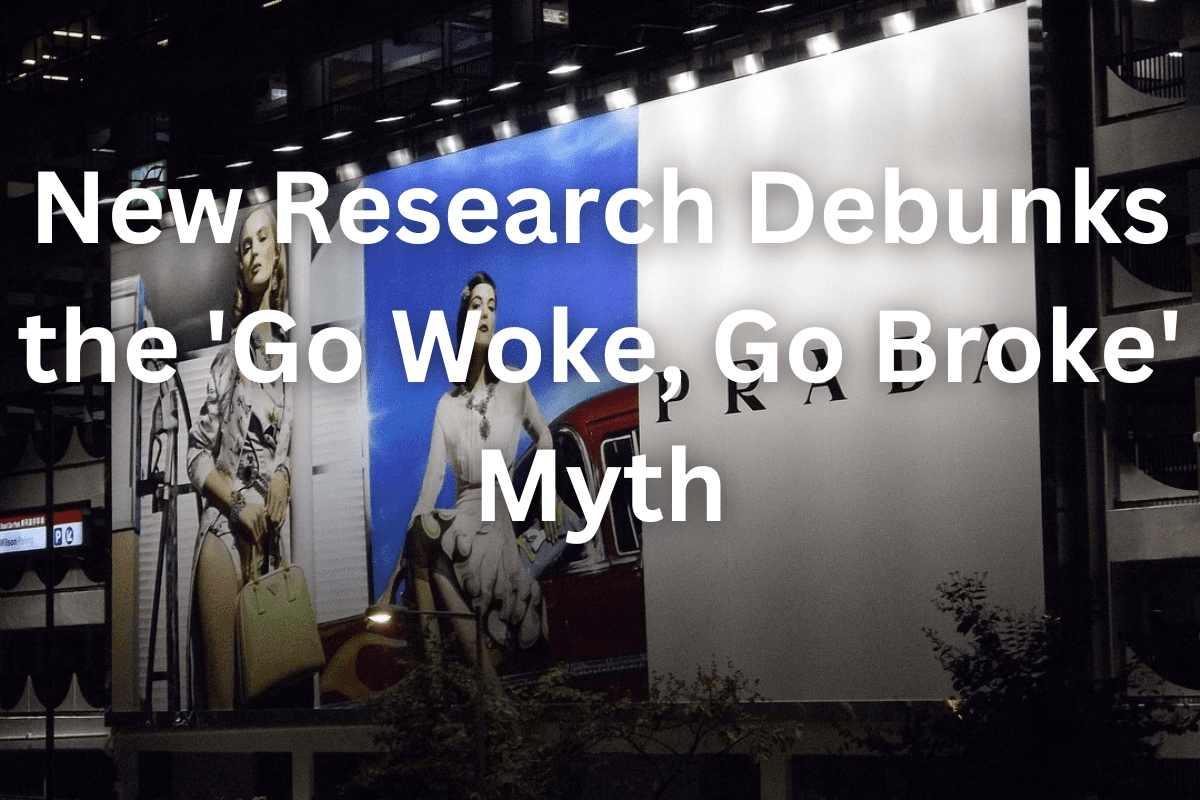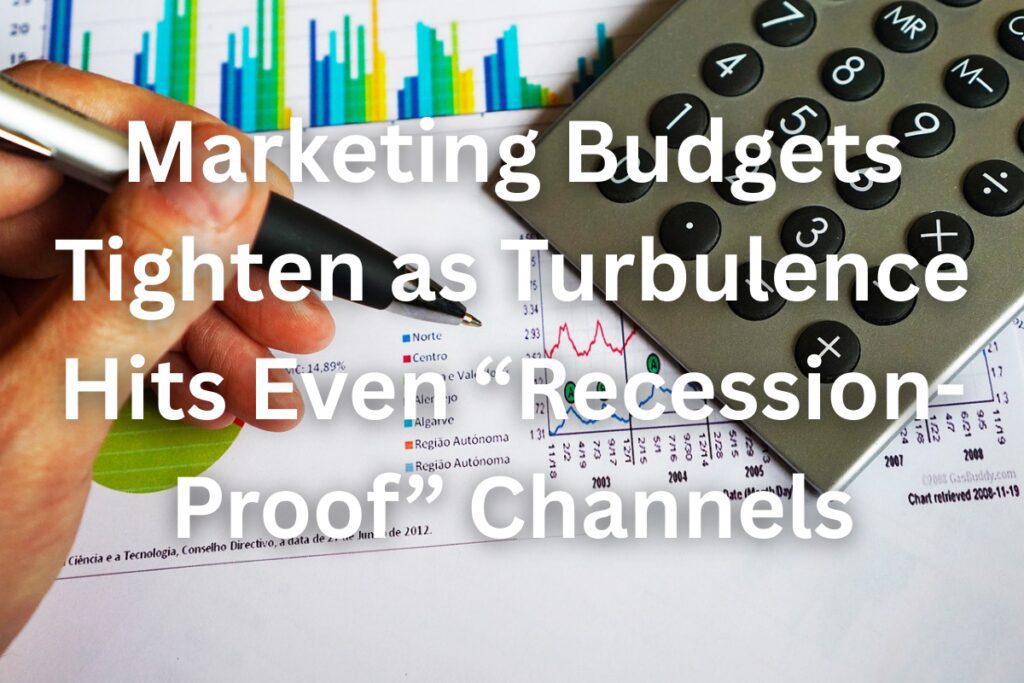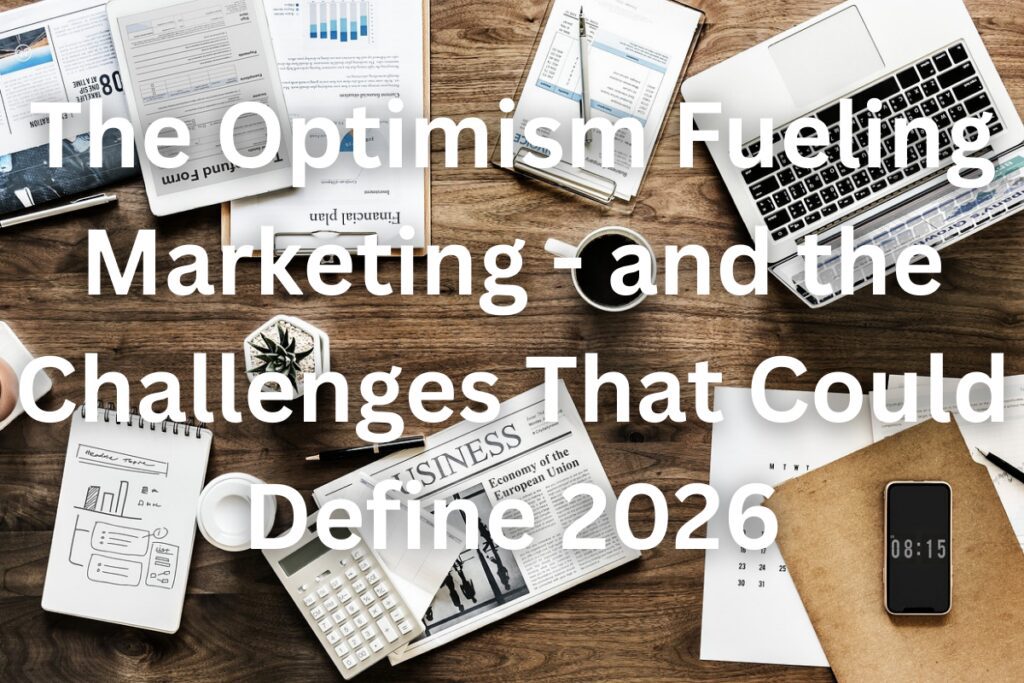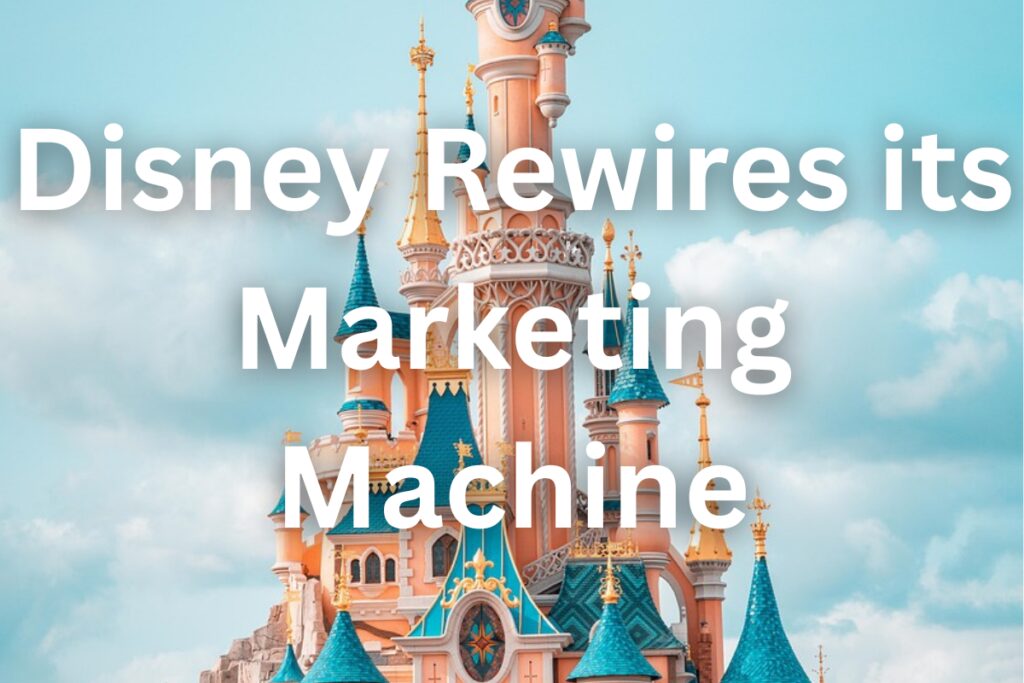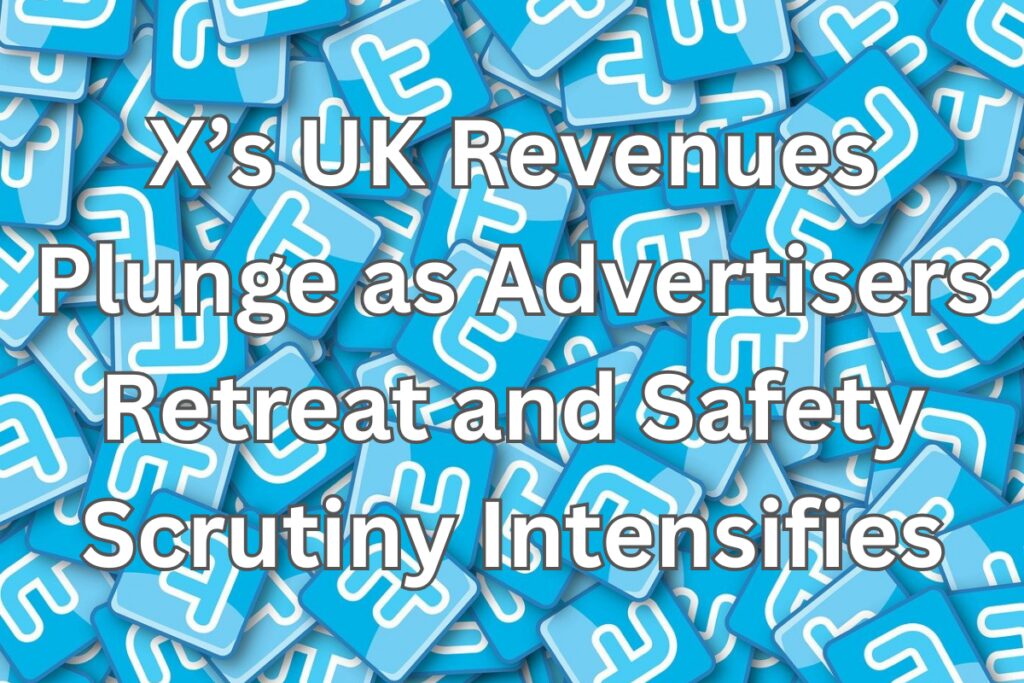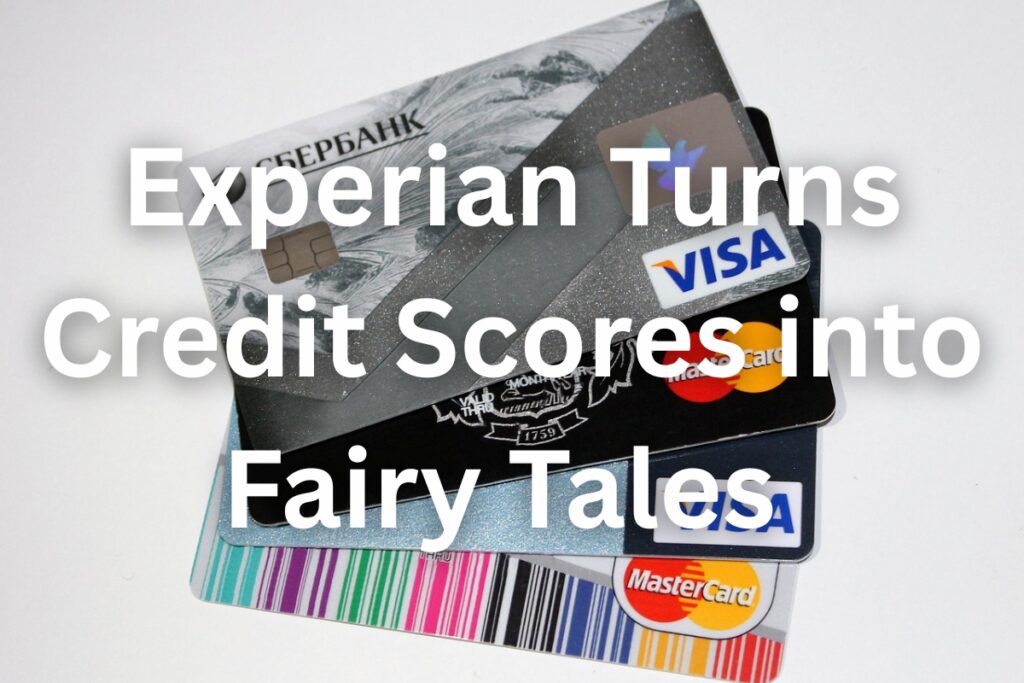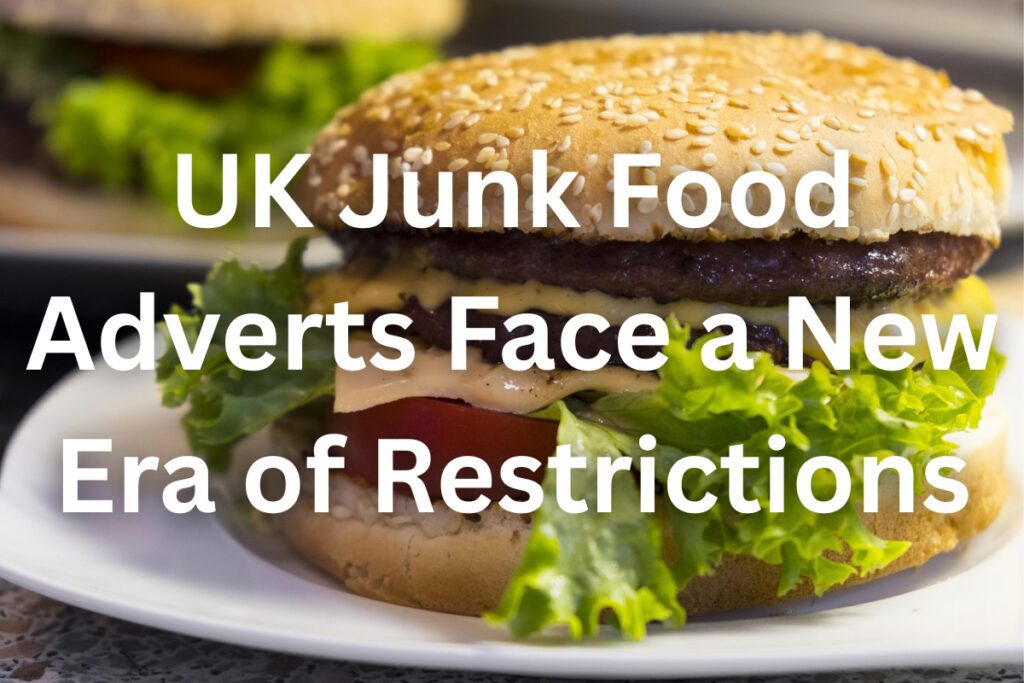In a powerful new piece of research, the widely touted belief that brands suffer financially from embracing inclusivity – commonly expressed in the phrase ‘go woke, go broke’ – has been proven false.
The study, conducted by UN Women’s Unstereotype Alliance, reveals that brands committed to diversity and authentic representation not only build better consumer relationships but also experience significant financial gains.
Breaking Down the Data
The research, which analysed 392 brands across 58 countries, included contributions from major corporations such as Diageo, Kantar, and Unilever.
The findings were compelling: inclusive advertising content led to a 3.5% increase in short-term sales and an impressive 16% boost in long-term revenue. This data not only debunks the myth of financial losses from so-called ‘woke’ advertising but also illustrates the commercial benefits of inclusivity and diversity.
By authentically reflecting the diverse realities of society, these brands have gained a critical advantage over their competitors.
The study also highlighted that 62% of consumers are more likely to purchase products from brands with inclusive advertising, while 15% of shoppers are more loyal to these brands. This strong preference for diversity-rich content is reshaping consumer behaviour and elevating brand loyalty.
Addressing Stereotypes and Breaking Boundaries
Launched in 2017, the Unstereotype Alliance was established to fight harmful stereotypes in advertising, a mission that this new research strongly supports.
The head of the Unstereotype Alliance secretariat emphasised that the longstanding belief that inclusive content can harm a brand’s commercial success has hampered progress for too long. The evidence now refutes this assumption entirely.
Instead, these irrefutable findings should reassure any business as the data encourages brands to embrace inclusivity not just for social good but as a clear strategy for financial prosperity.
What’s more, authentic portrayals of diverse communities allow brands to connect more deeply with their audience, creating more meaningful engagement and long-term success.
A New Era of Inclusive Advertising
These findings challenge ongoing narratives pushed by certain political voices that frame inclusive advertising as commercially risky.
Controversies around campaigns like Bud Light’s partnership with transgender actress Dylan Mulvaney or Pepsi’s BLM-inspired ad featuring Kendall Jenner have fueled the idea that inclusive messaging leads to brand backlash.
Yet, as the research shows, the financial evidence proves the opposite.
Conclusion: Inclusivity Pays Off
This comprehensive study by UN Women’s Unstereotype Alliance has made one thing abundantly clear: brands that champion inclusivity and diversity not only foster social progress but also enjoy tangible commercial benefits.
With concrete data demonstrating the power of inclusive advertising to drive both short-term sales and long-term growth, the notion of ‘go woke, go broke’ is now demonstrably false.
Therefore, brands can – and should – embrace inclusivity, both for the communities they serve and for their own financial success.

